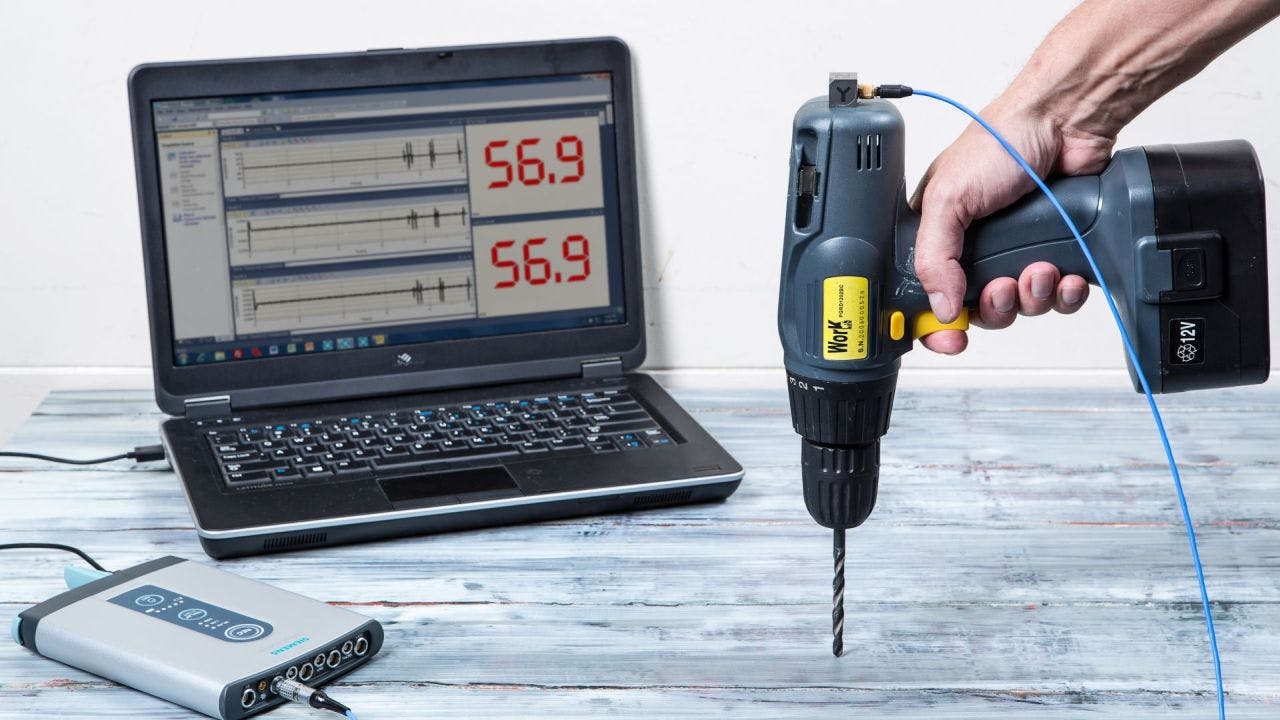Human body vibration can have significant impacts on worker health and human comfort. Hand-arm vibration is transmitted by vibrating power tools and affects construction workers. Whole-body vibration, transmitted to the body from moving from heavy equipment and vessels, can impact both passengers and crew. Understanding how these vibrations occur, and how to reduce their impact, is vital for safe and comfortable working conditions.
Learn how to achieve full engineering insights in the vibration behavior of your equipment. Topics include:
- The basics of hand-arm vibration and whole body vibration
- The link between ISO standards (ISO 2631 and ISO 5349) and the European regulations
- How to measure vibrations according to the ISO standard
- How to achieve full insight in the vibration behavior of your equipment.
Both hand-arm vibration and whole-body vibration must be measured and reduced to prevent health problems.
Sustained exposure to vibration can cause a range of health problems. Construction workers and those operating heavy equipment, power tools and large vehicles are regularly exposed to vibration.
Hand-arm vibration is caused by operating power tools such as drills and jackhammers. Excessive vibration can cause weakened grip, numbness and nerve damage. This vibration must be prevented before permanent damage occurs to workers.
Whole-body vibration occurs when vehicle vibrations are passed to the driver or passengers. This can be due to engine noise or terrain, including motion due to waves at sea. Prolonged exposure can cause spinal problems.
Ensure your equipment meets ISO 2631 and ISO 5349 vibration test standards.
ISO 2631 is a widely accepted standard for the assessment of whole body vibration. ISO 5349 covers measurement of hand-arm vibration. This webinar explains how to measure and assess vibrations in line with these standard guidelines.
Noise and vibration testing for every industry.
Our solutions combine physical testing and virtual simulation, forming a unique combination and enabling you to ensure optimal product performance. Our high-end data acquisition hardware and powerful analysis software are designed to streamline test campaigns and provide more insight in less time. Qualify your product noise, vibration and durability with our test-based engineering tools.
